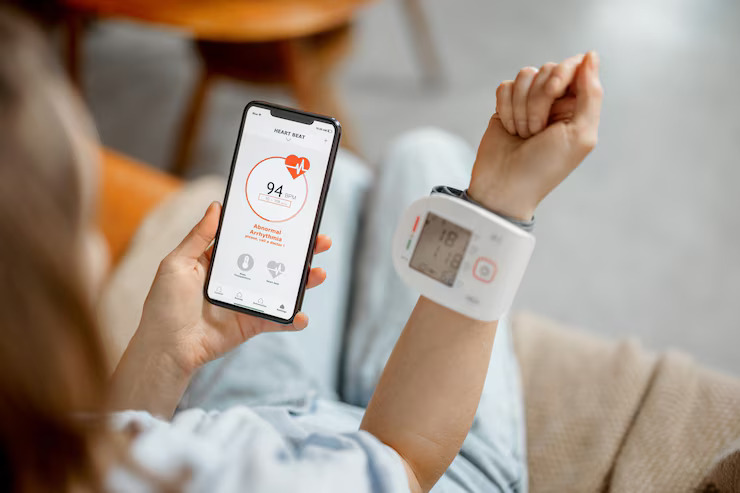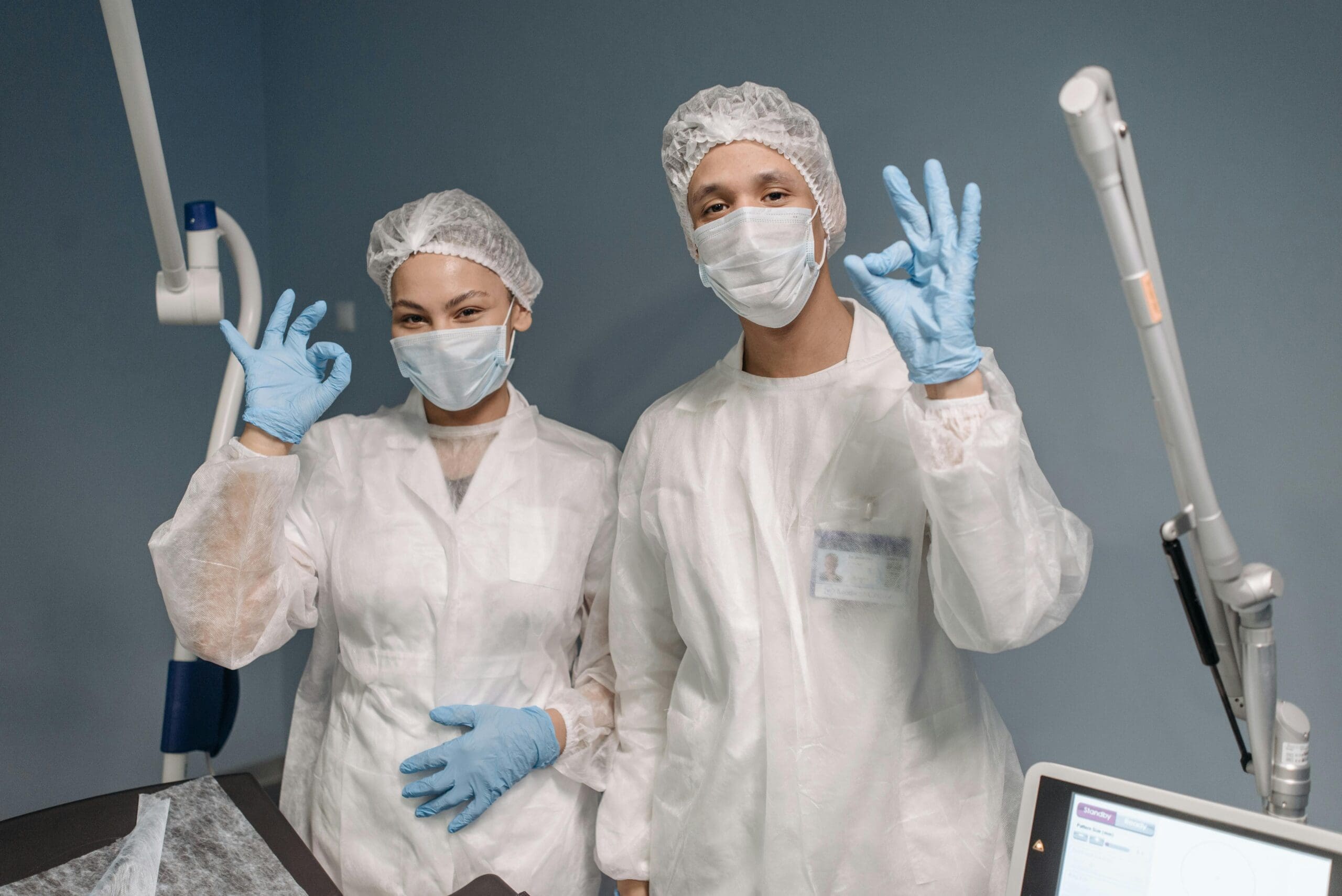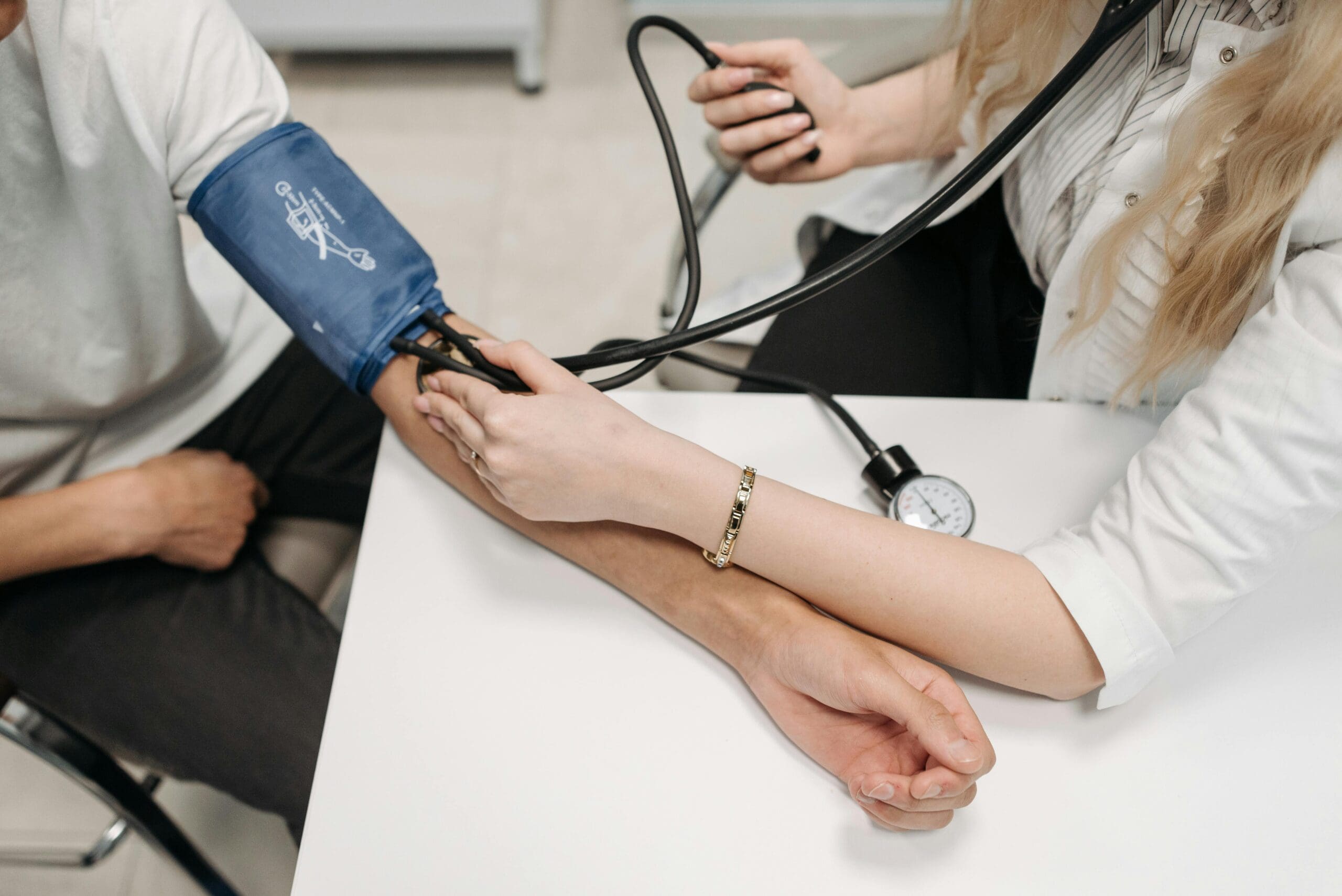Wearables in clinical research is a “hot topic” and all the “buzz.” While many people feel it will propel the clinical research enterprise into the future, critics are sounding the alarm bells citing concerns of data privacy and AI technology in general.
Whether we’re discussing smartwatches and fitness trackers to VR headsets, smart rings, smart glasses, and whatever else is on the horizon—there is no doubt that consumers have widely adopted wearables. Due of that wide-spread acceptance into our daily lives, wearables are changing how consumers communicate, monitor, and share information.
Wearables in the Current Marketplace
Wearable devices, in general are becoming smarter, lighter, more responsive, and more convenient than ever before. Popular brands from FitBit to the Apple Watch have also begun to “fine-tune” not only their hardware (i.e., the technology of the device itself), but also its software via the apps offered on each platform. Each brand has begun making their devices even more relevant and adaptable to their identified target markets by focusing on fewer niches and only the features that work well for their customer-base. Those already established in the wearables marketplace have grown so much that even newcomers like Samsung have finally begun to offer products that are direct competitors to those with the lion’s share of the market.
With the wider use of wearable technology, enterprises see wearable computing as one of the biggest opportunities to learn about consumers. The benefits for a clinical research team include increasing efficiency, improving communications via automated responses; and streamlining workflows. Like mobile technology before it, wearable technology is still somewhat viewed as a market disruption in the world of business.
Security Concerns and Patient Privacy
Security and privacy concerns of wearable devices are mostly about the patient’s data being hacked, manipulated, or wrongfully used or shared. According to a report by PriceWaterhouseCooper, 86% of users expresses concerns on the use of wearables and the risk of data security breach.
Despite concerns, wearable technology has become so prevalent, we don’t even notice it anymore and yet at the same time those devices are becoming more empathetic to consumer needs—minimizing the hurdle clinical researchers have to face to get trial participants to use wearables in studies. However, while wearable technology continues to grow, pushing our field forward into the future along with it, there are still some challenges that Delve Health’s Clinical StudyPal app helps to address, including security as our platform is 21CFR11, HIPAA, and GDPR compliant.
We have also designed and implemented our own proprietary data collection app, where study teams have the ability to anonymize patient participants by assigning randomized numbers to their records. For example, Apple will never know that Jane Doe walked 5 miles and hit a heart rate of 77 at 12:07pm, Monday, January 1, 2023. The device maker will only ever be able to see that patient 01-001 walked 5 miles and hit a heart rate of 77 at 12:07pm, Monday, January 1, 2023. Any data that Apple would potentially have access to because we are using their specific wearable device will lead back to be anonymized and lead back to Delve Health—not a specific patient—in order to ensure their privacy and securely store their randomized data.
Wearables in Clinical Research
As we have addressed the very valid concerns of a patient’s rights to privacy, this allowed our team to focus on the benefits of the question we often hear from clients, “What can wearables do for our clinical trial?”
As we all know, most wearable devices can give consumers a general snapshot of their health. For example, “out of the box” many wearable devices can measure general health data, such as the user’s blood pressure, oxygen level, activity level, heart rate, and sleep time. While this is a great start to a patient better understanding their own health, how can clinical research professional leverage this data? The first question we ask our clients is, “what does your specific study need to measure?”
Customization for Your Unique Clinical Trial
Delve Health’s Clinical StudyPal app can delve deeper by customizing our platform to mine the exact data points you need for your unique study. Is your study looking to gather detailed information on not only how long a patient slept, but how long they were actively in the REM stages of sleep? How many times they stopped breathing during sleep? How many times did they wake up during the night?
Or, perhaps your study needs to know a patient’s resting heart rate at a specific time of the day? The variability of their heart rate throughout other specified times of the day? Maybe your study needs to know, not only how many steps a patient took or how many miles or kilometers they walked throughout the day, but how long was the gait of their average step? We can customize our Clinical StudyPal app to give you the specific metrics your study needs to be successful.
The next question we ask our clients is, “how are you looking to use the data within the study?” Do you only need the primary end-point? Are you also concerned with the secondary end-point for comparison or reporting on it as a matter of additional interest? Are there additional data points you want to review for observation and context? We take a patient-centric and consultative approach to make sure the platform delivers the exact data points your study needs. We view ourselves as your clinical research partner—laying the solid foundation for your clinical study team to build upon—leading to outcomes that hopefully help our patients improve their overall health.
Timing Challenges
Another common concern we hear revolves around the issue of when to introduce the use of wearables within a study’s timeline. More often than not, clinical teams feel like the wearables should be used exclusively during the study, but Delve Health suggests a different approach.
If wearables are used before a study’s timeline officially starts as it will help set a patient’s baseline. What are a patient’s numbers before the study begins? Then once the study schedule officially begins, you know all of the patient’s metrics and therefore can measure exactly how the study’s activities are affecting their numbers. It allows the data points to speak volumes more than before. Study teams can then compare metrics before, during, and even after the study concludes to get a full picture of how much a study’s activities impacted patients’ lives. This data is also primed to lead right into post-market activities and perhaps even lead to related future studies that will build on your study’s research and outcomes.
Technical Challenges
As we’ve established, mobile and wearable technologies have widely been adopted by consumers. It is not uncommon for patients to own and actively use a wrist wearable of some kind, and a smart ring, and a smart phone—for example.
Owning multiple devices, all of which our Clinical StudyPal app can integrate with and gather data from, is another concern we hear from clinical study teams—“If a patient has three devices, how can we accurately gather and analyze their data?”
We have implemented apps into our platform that have the ability to take raw, real-world data from multiple wearables and merge it together to provide researchers with a more complete (and therefore more accurate) picture of the patient’s health—even when that patient is at home.
For example, let’s say a patient participant has three devices; our Clinical StudyPal app will collect all the data points your study needs. Then, our analytics platform will not only merge the data from all devices, but it will also plot it sequentially in time so that researchers can see different data points from different devices at 12pm on Monday 1/1. Again, this all leads to the clinical study team obtaining a better perspective of a patient’s daily life—away from the doctor’s office, hospital, or study site. In-person visits only cover, at a maximum an hour of time. What does a patient’s study data look like on a day-to-day basis? We aim to answer to automate that process so you can have that data, easily, at your fingertips.
Wearable Technology is the Future of Clinical Research
Wearable technology is every-changing and improving, and Delve Health is ready for it. By implementing wearable technology, we propel our field forward. Our customizable platform removes burdensome barriers, automates daily tasks, and collects real-world data in real-time—setting up clinical research teams for success. Set up a demo to learn more here.






































